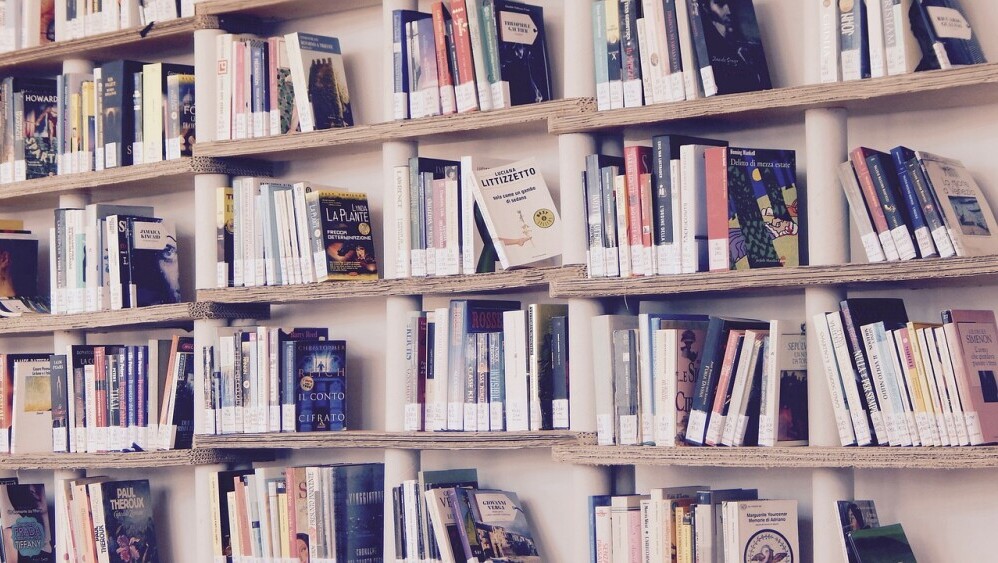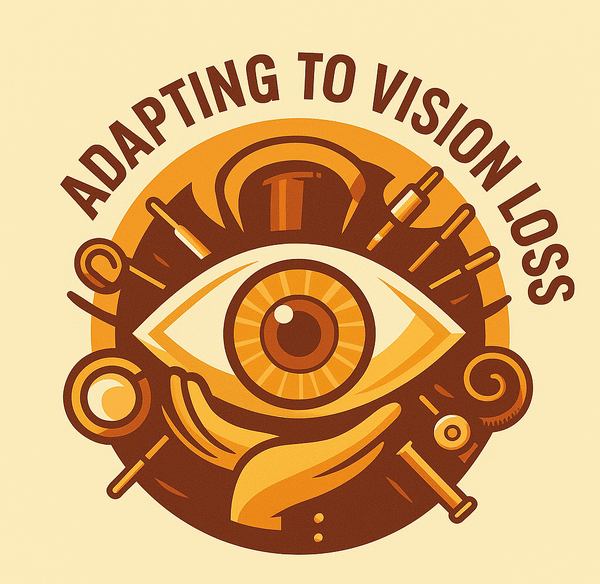
Living with vision loss can bring emotional challenges that affect mental health and overall well-being. Adjusting to these changes takes time, support, and access to the right resources. Over the years, I’ve discovered several books and resources that have helped me build emotional resilience and navigate life with vision loss. Here are some of my top recommendations for fostering emotional well-being as a visually impaired individual.
Books to Build Emotional Strength
- “Emotional Resilience and the Exquisite Fragility of Being Human” by David Whyte
-
- This book dives deep into the human experience, offering insights on resilience and the strength that comes from embracing vulnerability. It’s not specific to vision loss but provides universal tools for emotional well-being.
- “Crashing Through: A True Story of Risk, Adventure, and the Man Who Dared to See” by Robert Kurson
-
- This memoir tells the inspiring story of Mike May, a blind man who regains partial sight and confronts the complexities of both blindness and sight. It’s a powerful read for understanding adaptability and courage.
- “Touching the Rock: An Experience of Blindness” by John M. Hull
-
- Written by a professor who became blind later in life, this book reflects on the emotional and philosophical aspects of vision loss. It’s both insightful and deeply moving.
- “Being Heumann: An Unrepentant Memoir of a Disability Rights Activist” by Judith Heumann
-
- A trailblazer in disability rights, Judith Heumann’s memoir is a testament to resilience and advocacy. It’s an empowering read for anyone facing challenges related to disability.
Helpful Podcasts and Audiobooks
- Hadley Presents: A Conversation with the Experts
-
- Hosted by Hadley, a nonprofit dedicated to supporting visually impaired individuals, this podcast covers topics like coping strategies, accessible technology, and emotional well-being.
- “The Happiness Lab” with Dr. Laurie Santos
-
- While not specific to vision loss, this podcast offers science-backed tips for improving emotional health and finding happiness.
- Audiobook Services: Using services like Audible, Learning Ally, or the National Library Service for the Blind and Print Disabled (NLS), you can access many of these titles in audio format for free or at a low cost.
Supportive Resources and Communities
- American Foundation for the Blind (AFB)
-
- The AFB provides an extensive library of resources on coping with vision loss, including guides on emotional health and connecting with support groups.
- Hadley
-
- In addition to their podcast, Hadley offers free workshops and discussion groups for visually impaired individuals, covering topics from personal growth to practical skills.
- VisionAware
-
- VisionAware’s website includes tips for emotional adjustment, peer support, and links to local resources for visually impaired individuals.
- Peer Support Groups
-
- Joining a local or virtual support group through organizations like the National Federation of the Blind (NFB) or American Council of the Blind (ACB) can provide a sense of community and shared understanding.
Techniques for Emotional Well-Being
- Mindfulness and Meditation: Apps like Headspace and Calm are accessible and offer guided meditations to reduce stress and build emotional resilience.
- Therapy: Seeking therapy from a counselor experienced in working with individuals with disabilities can provide a safe space to process emotions and build coping strategies.
- Creative Outlets: Activities like journaling, music, or art can be therapeutic. Adaptive tools for writing or drawing make these hobbies accessible.
Final Thoughts
Adjusting to life with vision loss is a journey, and emotional well-being plays a vital role in thriving. Whether through books, podcasts, or support groups, there are plenty of resources available to help you navigate this path. These recommendations have been invaluable to me, and I hope they bring encouragement and insight to your journey as well.
If you’ve found books or resources that have helped you, I’d love to hear about them. Together, we can continue building a community of support and inspiration.
